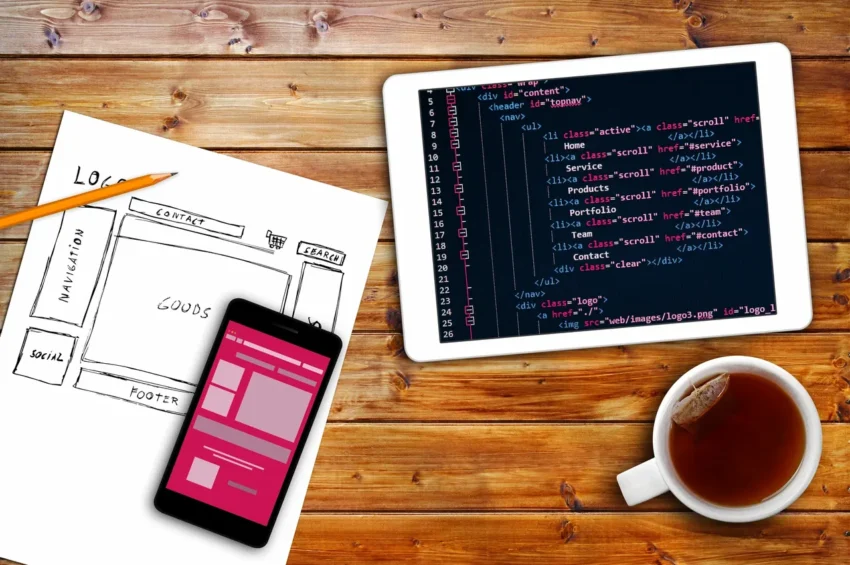
In the digital age, our lives are increasingly intertwined with mobile devices. From smartphones and tablets to wearable tech, mobile technology has revolutionized the way we communicate, work, and live. At the heart of this mobile revolution lies the art and science of mobile development. In this blog post, we’ll take a deep dive into the world of mobile development, exploring its significance, trends, and the essential skills required to create mobile apps that captivate and transform lives.
The Significance of Mobile Development
Mobile development is the process of designing, building, and maintaining applications for mobile devices. It encompasses both iOS app development (for Apple devices) and Android app development (for devices running the Android operating system). Here are some reasons why mobile development matters:
1. Ubiquity: Mobile devices are everywhere. They’ve become an integral part of our daily lives, and mobile apps are the gateway to an array of services, information, and entertainment.
2. Market Reach: Developing mobile apps allows businesses to reach a global audience. Apps provide a convenient and engaging way to connect with customers, whether you’re selling products, offering services, or sharing content.
3. User Engagement: Mobile apps have the potential to provide highly personalized and interactive experiences, fostering user engagement and loyalty.
4. Innovation: Mobile development is at the forefront of technological innovation, with trends like Augmented Reality (AR), Virtual Reality (VR), Internet of Things (IoT), and Artificial Intelligence (AI) reshaping the landscape.
Mobile Development Ecosystem
To understand mobile development, it’s essential to grasp the key components of the ecosystem:
1. Front-end Development: This involves creating the user interface (UI) of a mobile app. Front-end developers use programming languages like Swift or Objective-C for iOS and Java or Kotlin for Android.
2. Back-end Development: The back-end is responsible for server-side operations, data storage, and business logic. Back-end developers work with technologies like Node.js, Python, Ruby, and databases like Firebase or PostgreSQL.
3. Cross-Platform Development: To reach both iOS and Android users efficiently, developers often turn to cross-platform frameworks like React Native, Flutter, and Xamarin.
Mobile Development Trends
The mobile development landscape is continuously evolving. Staying up-to-date with trends is crucial for creating cutting-edge mobile apps. Some current trends in mobile development include:
1. 5G Technology: The rollout of 5G networks is enabling faster data speeds and lower latency, opening up opportunities for immersive experiences and real-time applications.
2. AI and Machine Learning: Integrating AI and machine learning capabilities into mobile apps allows for personalized recommendations, voice recognition, and predictive analytics.
3. AR and VR: Augmented Reality (AR) and Virtual Reality (VR) are enhancing mobile gaming, education, and shopping experiences.
4. Internet of Things (IoT): IoT integration with mobile apps is transforming industries like healthcare, smart homes, and industrial automation.
Skills Required for Mobile Development
If you’re interested in becoming a mobile developer, here are some essential skills to acquire:
– Proficiency in programming languages like Swift, Kotlin, Java, or JavaScript.
– Familiarity with mobile development frameworks and libraries.
– UI/UX design principles for creating user-friendly interfaces.
– Knowledge of app architecture and best practices for performance and security.
– Problem-solving and debugging skills.
– Continuous learning to keep up with evolving technologies and trends.
Mobile development is at the forefront of digital innovation, shaping the way we live and work. Whether you’re an aspiring developer or a business looking to harness the power of mobile apps, understanding the world of mobile development is key to unlocking the potential of this dynamic and ever-expanding field.
Embrace the mobile revolution, and together, we’ll continue to create apps that change the way we experience the world through the palm of our hands.




